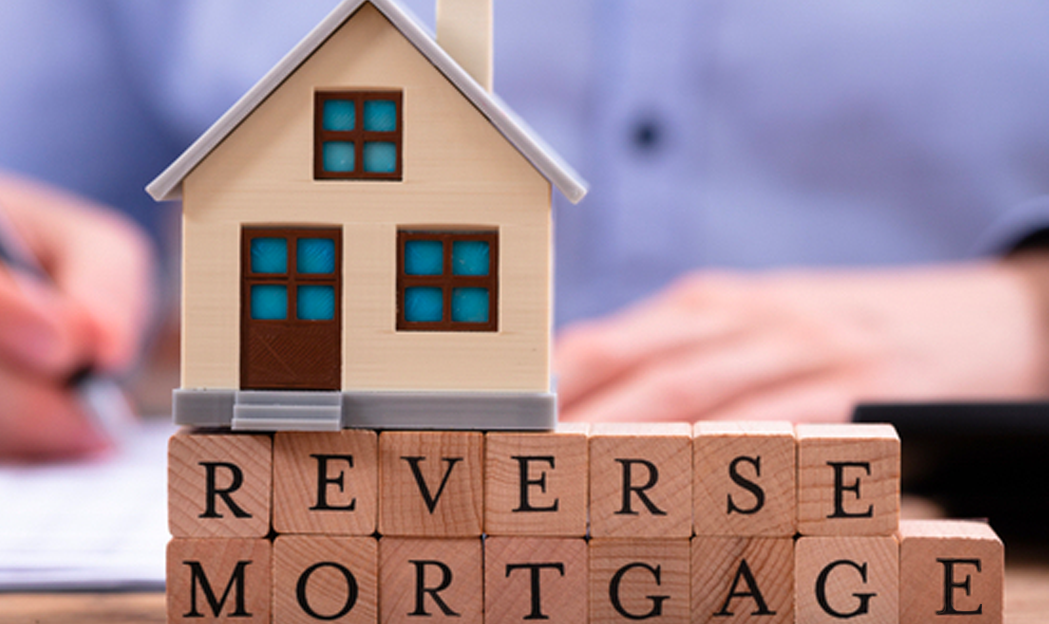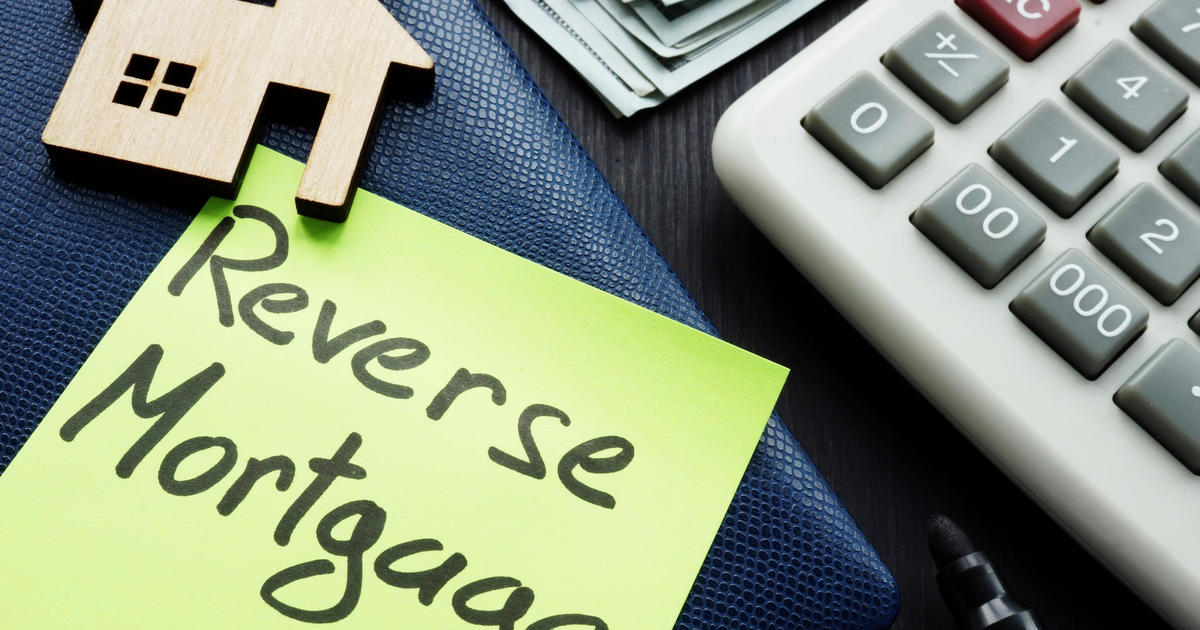Reverse Mortgage Loans for Senior Citizens
- Home
- Reverse Mortgage Loans for Senior Citizens

Reverse Mortgage Loans for Senior Citizens
A reverse mortgage loan is a financial product designed specifically for senior citizens, typically aged 62 or older, allowing them to convert part of their home equity into cash without selling their home. Unlike traditional mortgages, where the borrower makes monthly payments to the lender, in a reverse mortgage, the lender makes payments to the homeowner, either in a lump sum, monthly installments, or as a line of credit.
This loan is ideal for seniors who have paid off their home or have significant home equity but need access to funds for retirement, healthcare, or other expenses. The loan does not require repayment until the borrower moves, sells the home, or passes away. At that point, the loan (including accrued interest and fees) is usually repaid through the sale of the home.
Conclusion
Reverse mortgage loans offer a valuable financial tool for senior citizens, allowing them to tap into their home equity to cover living expenses without selling their homes. The flexibility of payment options and the deferral of loan repayment can provide much-needed financial security for retirees. However, it’s essential to weigh the benefits against the costs and potential impact on heirs and government benefits.

Types of Reverse Mortgage Loans
Home Equity Conversion Mortgage (HECM)
The most common type, insured by the Federal Housing Administration (FHA). Offers fixed or adjustable interest rates. Provides multiple payment options: lump sum, line of credit, monthly payments, or a combination.
Single-Purpose Reverse Mortgage
Typically offered by state and local government agencies or nonprofits. Designed for specific purposes like home repairs or property taxes. More affordable but limited in usage.
Proprietary Reverse Mortgage
Offered by private lenders for higher-value homes. Larger loan amounts than HECM but not FHA-insured.

